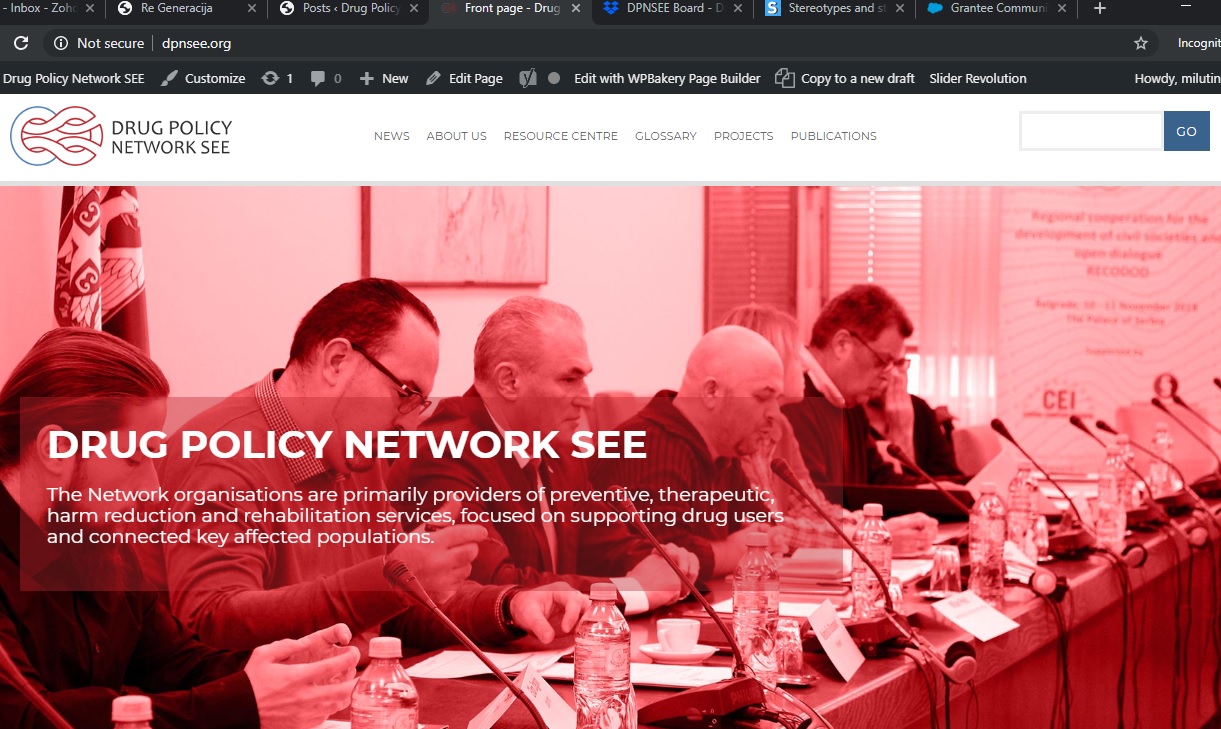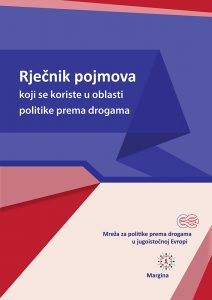The Scottish Drugs Forum published “Moving beyond ‘people first’ language: a glossary of contested terms in substance use“. This project sought to identify terms that are contested or commonly misunderstood.
The aim has been to explain the nature of contention and, where terms may be misunderstood, account for this. Where appropriate, SDF’s own preferred use of language is given and explained. The drugs field contains a lot of language that is offensive to some people. This is because drug use is a stigmatised activity. People who use drugs; people who have a drug problem; people in treatment and people who may be regarded as being in recovery all suffer stigma as do their families and communities. Self-stigma means that people may use stigmatising terms to describe themselves and their situation. The issue is delicate and complex.
This resource allows people to understand contested terms and understand how language can result from and perpetuate stigma. In Scotland, there is an emerging consensus on the use of people-first language – using ‘people who use drugs’ rather than ‘drug users’ or ‘drug misusers’ or ‘addicts’, for example. There has also been a commitment in the latest drug strategy to use acceptable terms. However, there is a long way to go.
To access this document, follow this link>>>.




 To download the Glossary in Montenegrin,
To download the Glossary in Montenegrin, 








